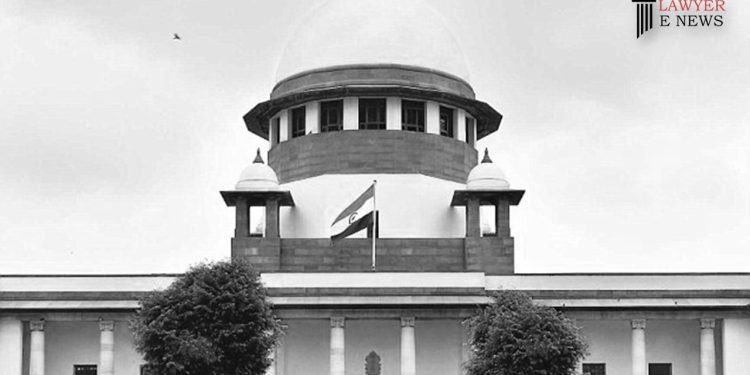-
by Admin
15 February 2026 5:35 AM



In a significant judgment, the Supreme Court of India revisited the quantum of compensation awarded in a motor accident case, involving the death of Ravisankar, a multi-faceted individual engaged in agriculture, dairy farming, and government contracting. The apex court increased the compensation to ₹38,81,500, stressing the need for a reasonable assessment of compensation in such cases.
The legal point in this judgment revolved around the assessment of just and fair compensation under the Motor Vehicles Act, 1988. The case was primarily concerned with the determination of the income of the deceased, Ravisankar, and the consequent calculation of the compensation due to his dependents.
Ravisankar, aged 52, the sole breadwinner of his family, met with a fatal accident. His dependents filed a claim for compensation amounting to ₹1,00,00,000. The Motor Accidents Claims Tribunal originally awarded ₹51,64,550, but this was reduced by the High Court to ₹22,48,000. The reduction was primarily due to the reassessment of the deceased’s monthly income from ₹50,000 to ₹20,000 by the High Court.
Income of Deceased: The Supreme Court, after examining the evidence, observed that Ravisankar's diverse income sources justified a higher income assessment. It noted, "to make the lives of his family members comfortable, the deceased was multi-tasking and he was not engaged in a 9.00 to 5.00 P.M. job."
Methodology of Compensation: The court followed the guidelines under the Motor Vehicles Act and relevant case laws, including the Sarla Verma case, for calculating compensation. It emphasized that compensation assessment "cannot be done with mathematical precision" and should be just and fair.
Compensation Breakdown: The Supreme Court reassessed the monthly income of the deceased at ₹35,000 and applied a multiplier of 11 considering his age. The total compensation calculated was ₹38,81,500, including additional compensation for loss of estate, funeral expenses, and loss of consortium.
The Supreme Court modified the High Court's judgment, increasing the compensation to ₹38,81,500, with 8% interest from the date of filing the claim petition till realization. The court underscored the importance of a realistic and humane approach in assessing compensation in such cases.
Date of Decision: 6th March 2024
Vethambal and Others v. The Oriental Insurance Company and Others,
